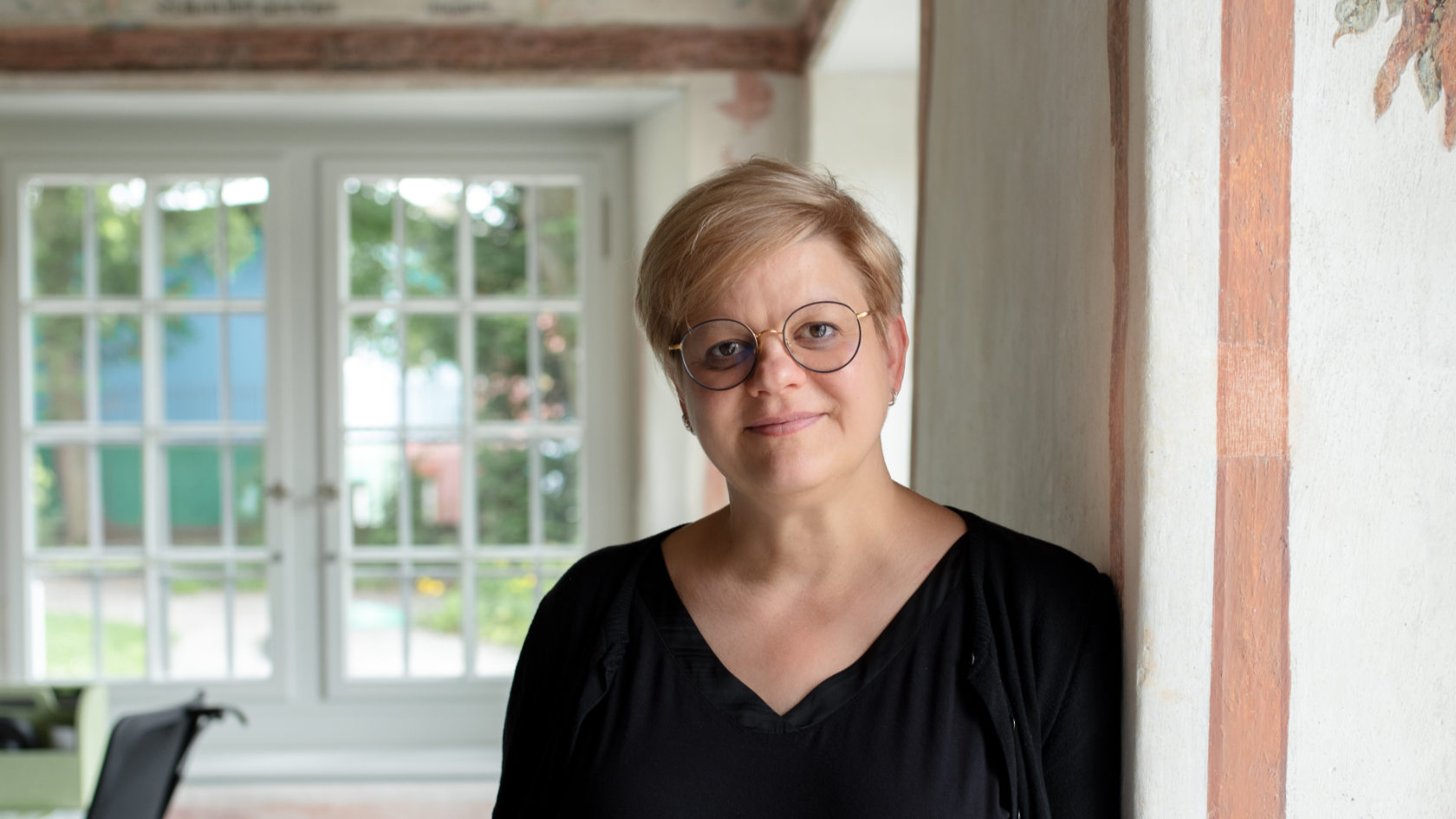“A more efficient process for disability accommodations benefits everyone”

Ulla Blume has hit the ground running in her new role. Right from the start, there was a lot to do. When she took over as head of the Disability Office on 1 October 2024, there were many requests for consultations on reasonable adjustments to be processed, as tends to be the case at the start of the semester. She and her team had to deal with these as quickly possible, as students with disabilities need to meet application deadlines at their respective faculties.
The office’s website was also revised. What’s more, in her new role as head of the Disability Office, Ulla Blume was responsible for a university-wide preliminary project to standardize reasonable adjustment processes. “First, I had to get to grips with university structures and become acquainted with the relevant people. Thankfully, much of the work was already on the right track. We got off to a good start and are working very constructively with our target groups,” says Blume. She takes a lot of pleasure in her work.
More students eligible for reasonable adjustments
Last year, the Disability Office conducted 604 consultations on reasonable adjustments. Around 400 of these were initial consultations – and the numbers are rising. In 2023, approximately 4% of all UZH students requested accommodations.
Individuals with mobility and sensory impairments, neurodiversities, mental illnesses or chronic diseases may face disadvantages while studying. They are legally entitled to accommodations based on their needs. To access these reasonable adjustments, students should visit the Disability Office's website to find out more about the process at UZH and what documents are required. “It’s best to have these documents ready when you book a consultation with our office, otherwise the process will take longer,” says Blume.
Submitting the right documents
Students must submit a medical certificate to confirm they are eligible for reasonable adjustments. The evidence must demonstrate how the student’s condition impacts their studies. It should also be clear whether the student’s disability or illness is likely to improve, remain the same, or worsen in the short term.
“Only then can we create individual measures for accommodations and make a recommendation to the respective faculty, which includes how long the measures should remain in place,” explains Blume. With the office’s recommendation, students can then apply to the faculty for the appropriate measures. They need to repeat this procedure every semester.
Towards a standardized process
The administrative burden of reasonable adjustments is significant for all involved, particularly at the start of the semester. Ulla Blume is frank about this. “Unfortunately, the organizational units have not kept up with the increase in case numbers. Now we have recognized this and aim to make changes. With the preliminary project, we propose a standardized process for reasonable adjustments that is more efficient and applies to all participants across the university.”
Alongside a broadly supported team of faculty representatives, affected students and external experts, scenarios were developed to outline how the process might look. No definitive decision has been taken yet, but the overall direction appears clear
New central office and catalogue of measures
The goal is for the process to be fully digitalized to ensure that all involved parties can handle applications efficiently. The Disability Office will continue to advise students and PhD candidates, issuing recommendations for reasonable adjustments from a binding catalogue of measures. In the future, a new central office will be responsible for provision of the measures. It will review the relevant documents and manage individual accommodations. Particularly sensitive personal data will be stored in a central, secure location.
In cooperation with the faculties, a standardized catalogue of measures that can be recommended and implemented is to be drawn up. The measures are selected based on students’ individual needs and take into account the effects of a disability or chronic illness on everyday university life. For example, classrooms must be accessible for wheelchair users, while those unable to concentrate for long periods due to a chronic illness are given extra time for exams.
Equal rights and greater discretion
“This means equal rights for students. It also makes things easier for those applying for reasonable adjustments,” says Blume. The measures to be implemented would be stored with the booked modules. Those responsible would then know when, for example, someone needs extra time for a test. However, it does not allow them to draw any conclusions about the kind of condition or disability the student has.
“This revised process benefits everyone – the students affected, the faculties and the Disability Office itself,” summarizes Blume. Faculty representatives recognize this and have supported the project with good ideas and suggestions. “The collaboration has been very constructive and pragmatic,” she adds. The next step is to complete the preliminary project so the Executive Board of the University can discuss it further.